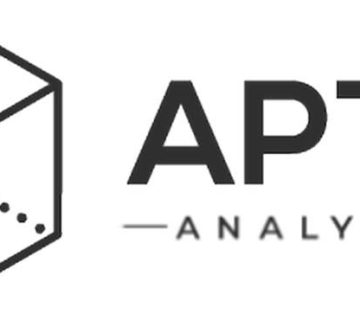To crack down on fraudulent activities and safeguard consumer interests, the Federal Communications Commission (FCC) has officially prohibited using artificial intelligence-generated voices in unwarranted robocalls across the United States.
This move follows an incident where New Hampshire residents received fabricated voice messages mimicking U.S. President Joe Biden, advising against participation in the state’s primary election.
FCC Extends TCPA Protections
The ban, implemented under the Telephone Consumer Protection Act (TCPA), represents a step towards curbing the proliferation of robocall scams.
FCC Chairwoman Jessica Rosenworcel stated, “Bad actors are using AI-generated voices in unsolicited robocalls to extort vulnerable family members, imitate celebrities, and misinform voters. We’re putting the fraudsters behind these robocalls on notice.”
Robocall scams, already outlawed under the TCPA, rely on sophisticated AI technology to mimic voices and deceive unsuspecting recipients. The latest ruling extends the prohibition to cover “voice cloning technology,” effectively stopping an essential tool used by scammers in fraudulent schemes.
We’re proud to join in this effort to protect consumers from AI-generated robocalls with a cease-and-desist letter sent to the Texas-based company in question. https://t.co/qFtpf7eR2X https://t.co/ki2hVhH9Fv
— The FCC (@FCC) February 7, 2024
The TCPA aims to protect consumers from intrusive communications and “junk calls” by imposing restrictions on telemarketing practices, including using artificial or pre-recorded voice messages.
In a statement, the FCC emphasized the potential for such technology to spread misinformation by imperson
Go to Source to See Full Article
Author: Wayne Jones





